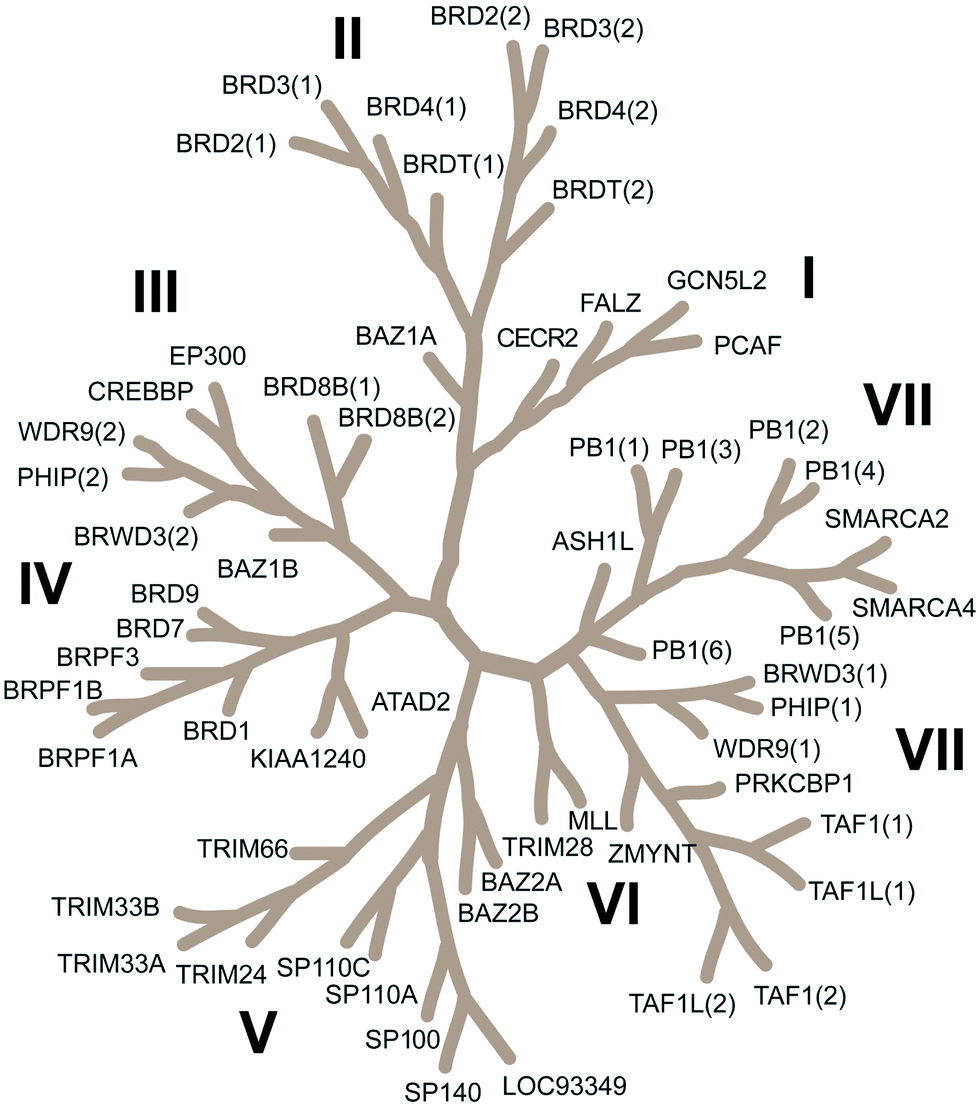Our Research Areas.
The major cause of failure in discovery of new medicines is due to a fundamental lack of understanding of the biology of disease. The likelihood of a new medicine having a positive effect when tested in patients for the first time is less than 30%. In order to find new medicines for diseases like Alzheimer’s, cancer and chronic inflammation, we first need to discover a new novel disease-associated protein target. Following on from the discovery of a target, drug discovery is aimed at finding safe, effective means of modifying the target’s detrimental effects in disease.
Dementia Drug Discovery.
By 2040, dementia is predicted to overtake cancer as the second-leading cause of death in high-income countries. The Alzheimer's Research UK Oxford Drug Discovery Institute is committed to the discovery of novel and effective treatments for neurodegenerative diseases. The group works in close collaboration with chemical biologists and biophysicists to decipher new mechanisms of disease propagation and action, and to design ways to prevent these diseases.
Chemical Probes.
Chemical probes are available for only a small fraction of potential disease targets and often are less specific than small inhibiting RNA. The scarcity of chemical probes is disappointing as they are especially useful; a probe that shows a positive effect can also serve as a chemical starting point for drug discovery. If genetic or RNA interference methods identify an exciting disease target, it may still take many years to find a chemical starting point to move from target discovery to drug discovery, whereas using a chemical probe in target discovery jump-starts the process.
Epigenetics.
Epigenetics can be thought of as the control of gene expression via chemical marks which are written, read and erased by regulating proteins. Problems with control of gene expression are fundamental to many diseases, for example cancer, inflammation and neurological conditions. Since enzyme control is the most common action of medicines, epigenetics offers a fortuitous meeting of disease biology with drug discovery. Research in our group is focused on discovery of chemical probes for three classes of epigenetic enzymes and protein domains, lysine demethylases, plant-homeodomains, and bromodomains.
Fragment and Structure-Based Drug Discovery.
Our Medicinal Chemistry group utilises high-throughput and fragment-based screening to discover chemical leads. The leads are optimised for potency, selectivity and cellular activity via iterative cycles of structure based drug design, parallel organic synthesis, biophysical testing and compound structure-activity relationship (SAR) analysis.
The chemical probes developed in the group will decipher the function of epigenetic proteins in disease and provide starting points for drug discovery. By using epigenetic chemical probes in target discovery, we will dramatically accelerate drug discovery in one of the most promising new areas of biomedical research.



